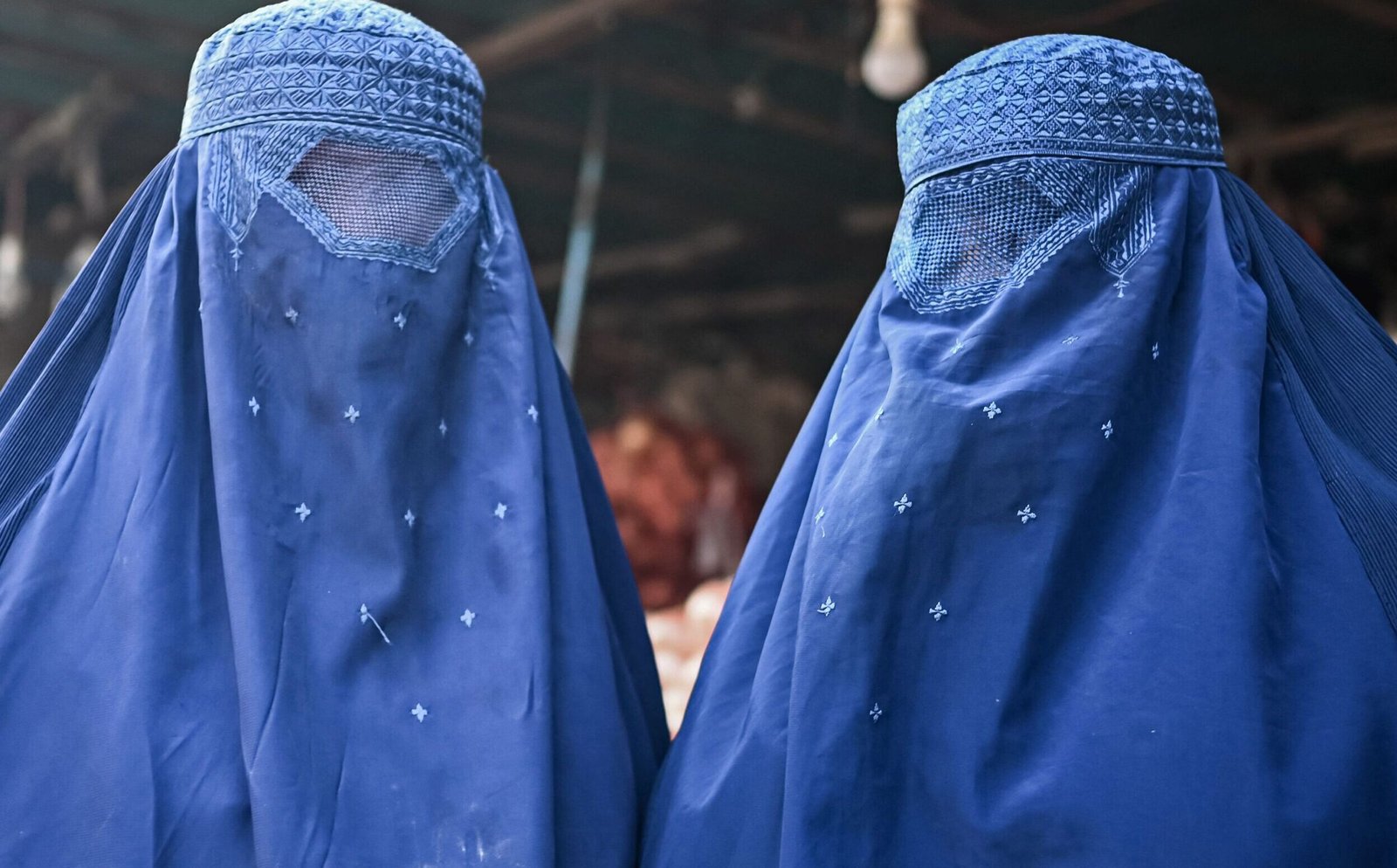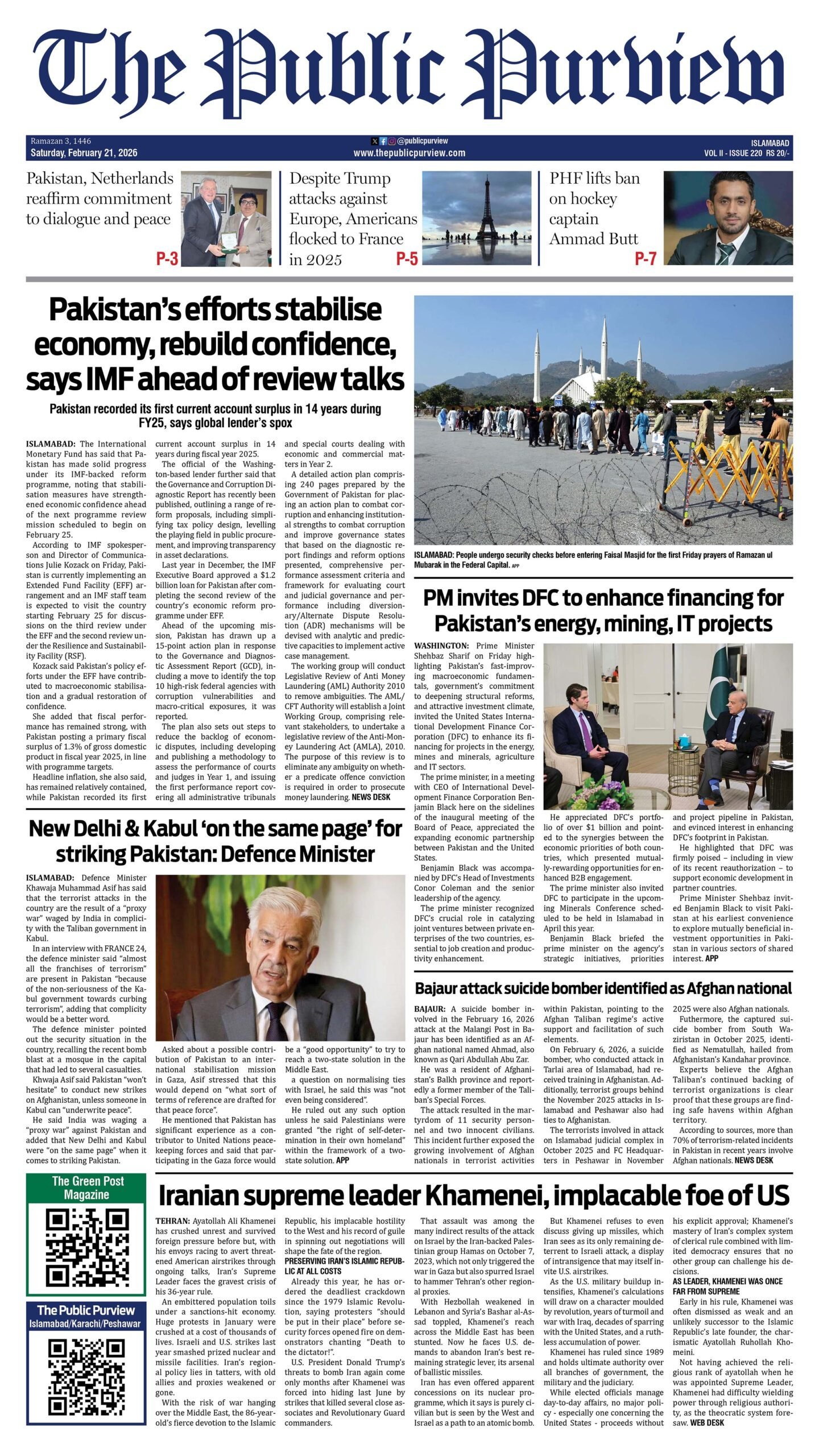ISLAMABAD — The Ministry of Commerce has proposed sweeping amendments to Pakistan’s Barter Trade Mechanism (SRO 642(I)/2023) to facilitate non-cash trade with Iran, Afghanistan, and Russia. The proposed Pakistan barter trade reforms seek to simplify procedures, expand private sector participation, and remove regulatory bottlenecks.
Wealth Pakistan reviewed the draft after the Ministry of Commerce held extensive consultations with public and private stakeholders. After consulting stakeholders, the Ministry of Commerce also held further deliberations with the State Bank of Pakistan (SBP), the Ministry of Foreign Affairs (MOFA), and the Pakistan Single Window (PSW). These discussions helped shape a more flexible and accessible barter trade framework. The proposed reforms aim to strengthen regional trade partnerships and reduce procedural barriers.
The Ministry of Commerce launched the original barter framework on June 1, 2023, to support trade without cash transactions. However, the Ministry now plans to revise several key provisions. One major change removes the fixed list of importable items. Instead, the framework will align with the Import Policy Order and Export Policy Order (2022), allowing broader trade options.
Another significant proposal replaces the requirement for verification of sanctioned and non-sanctioned entities by Pakistan Missions or MOFA. Private firms will now submit self-undertakings affirming compliance with UN and international sanctions. This shift will reduce delays and improve efficiency.
In addition, the Ministry of Commerce plans to replace the condition of “import followed by export” with a more flexible “imports/exports” formula. Traders can conduct transactions in either direction, depending on market needs. The reforms also allow private entities to form consortiums, enabling two or more Pakistani firms to contract jointly with foreign partners.
To ensure accountability, traders must reconcile the value of goods on a quarterly basis within 120 days of each transaction. Customs authorities will monitor this process to maintain regulatory compliance. The Federal Board of Revenue (FBR) proposes further safeguards. It directs Pakistani traders and foreign chambers of commerce to submit undertakings confirming their contracting entities are not sanctioned.
Moreover, FBR recommends a clause making all consortium members jointly and severally liable under the Customs Act, 1969, and the Imports and Exports (Control) Act, 1950. This provision strengthens legal accountability and prevents misuse of the barter system.
While MOFA and SBP support the revised framework, PSW raised a technical concern. It noted that undertakings uploaded on the WEBOC platform cannot be electronically validated. Therefore, Customs must manually confirm the non-sanctioned status of entities.
Despite this challenge, the Ministry has moved forward. The Law Division already vetted a revised draft notification incorporating all recommendations. The Ministry of Commerce has now initiated the process for Federal Cabinet approval. Once approved, the amended SRO will implement the reformed Pakistan barter trade reforms, marking a significant step toward modernizing Pakistan’s trade with neighboring countries.







 Today's E-Paper
Today's E-Paper